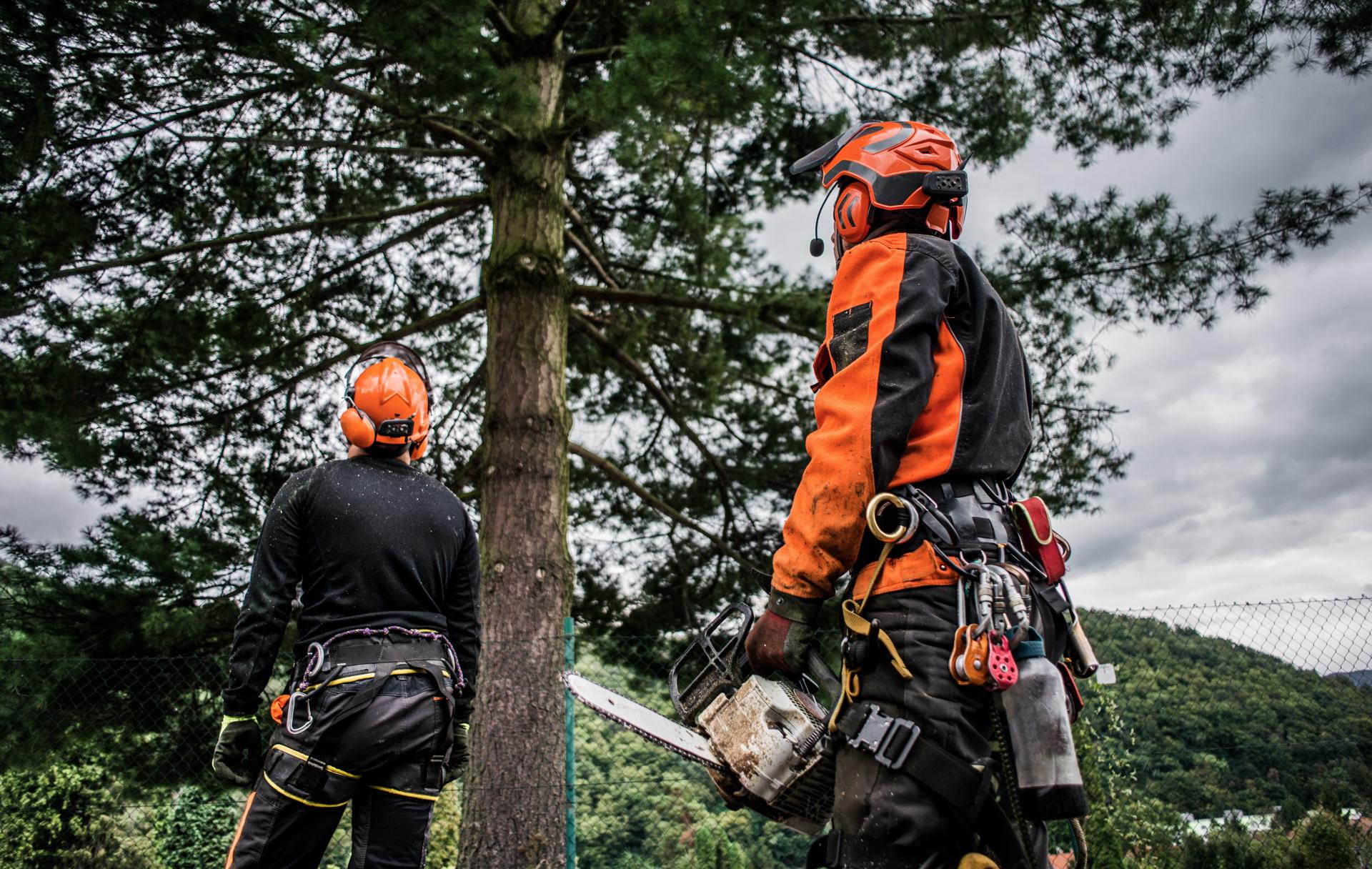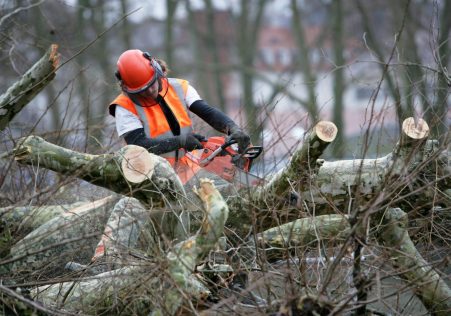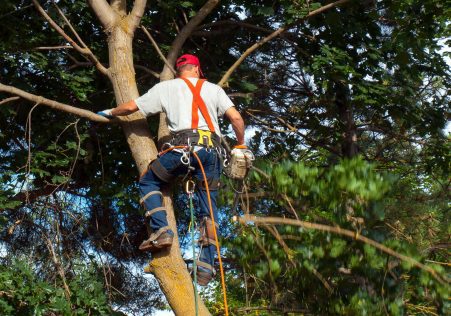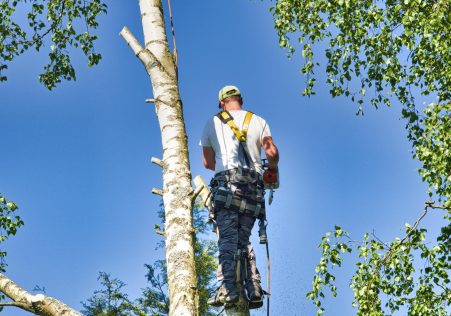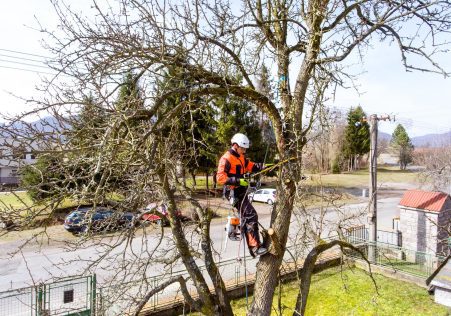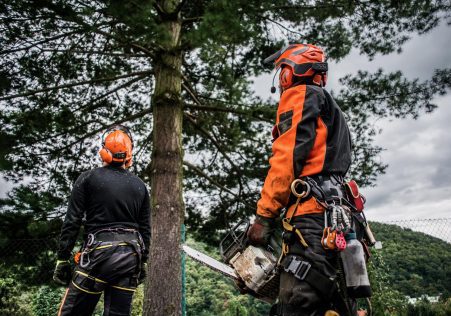How Long Does It Take for Tree Roots to Rot in the Ground After Trimming?
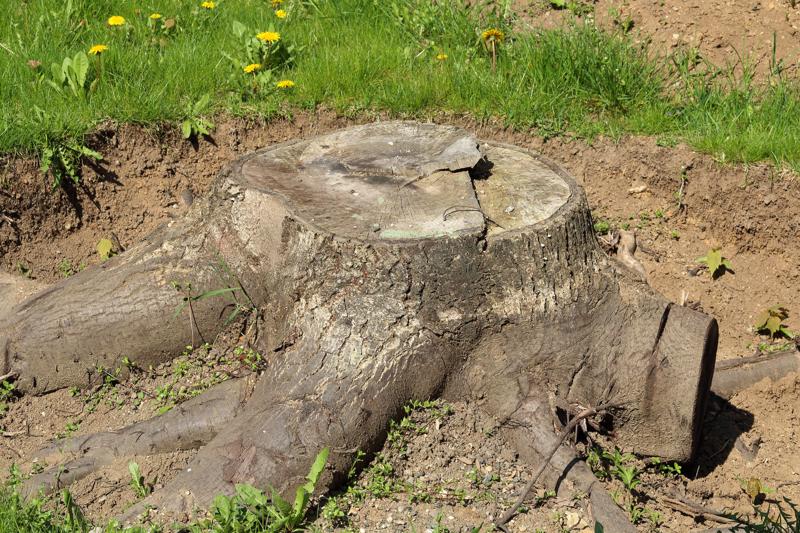
The tree’s roots play a crucial part as they provide stability, and nutrients to trees, but how do they react when a tree is removed? How long does it take until the tree’s roots begin to begin to decay in the ground and what impact does this impact the surrounding area? This article will explore the process of root decay as well as answer the most frequently asked questions concerning tree roots.
Understanding the Tree Root Decay
The roots of trees can require several years to completely decay, based on a variety of variables like how big the roots as well as the type of tree, and environmental conditions. The process of decaying roots starts immediately after a tree is cut down or falls, and results from a combination of factors such as temperature, moisture, and the presence of decomposers such as fungi and bacteria.
Factors that Influence Root Decay
Size of the roots: Larger roots are more likely to decay compared to small ones.Type of tree: Some species of trees have tougher sturdy roots that are slower to decay than other species.
The environmental conditions mean that roots will break down more quickly in humid, warm climates in comparison to cooler, dryer ones.
The Effects of Tree Root Decay
When tree roots rot and release nutrients into the soil, which could benefit other plants within the area. However, the decaying of roots could create problems for structures and landscaping in the surrounding area. For example, decaying roots may cause settling or shifting of driveways, sidewalks and other hardscaping elements.
Prevention of problems due to decay
To avoid problems from decaying roots, it’s important to remove any dead or damaged trees off your property as fast as is possible. In certain situations it could be necessary to eliminate the roots in order to avoid settlement or shifting of adjacent structures. If you’re not sure what to do, you might consider getting in touch with professionals from a tree removal company like Western Sydney Tree Lopping for help.
Frequently asked questions
How long does it take for tree roots to begin to rot?
The amount of time it takes for tree roots to decay in the soil can differ according to a variety of factors such as how big the roots and the kind of tree, and the surrounding conditions. It can take many years for the roots of a tree to completely degrade.
What happen to nutrients in the soil after tree roots decay?
If tree roots begin to decay, they release nutrients back to the soil. This could be beneficial to other plants within the region.
Are decaying tree roots causing problems for nearby structures?
Yes, tree roots that are decaying can cause settling or shifting of sidewalks, driveways, and other landscaping features. To avoid these problems it is essential to get rid of all dead or diseased trees from your property as quickly as you can.
Conclusion
In the end, tree roots can take a few years to completely decay in the soil, and the process of decay could result in both positive and negative impacts on the surrounding area. If you’re concerned about decaying tree roots, or need assistance with tree removal, consider calling professionals for tree removal like Western Sydney Tree Lopping. We have a team that is highly trained and knowledgeable arborists are equipped with the latest tools and equipment to safely and effectively remove trees and their roots. Contact us now at 1300 501 785 for a free estimate in Western Sydney.
Don’t put your property at risk or endangering yourself by attempting to take down a tree on your own. The experts at Western Sydney Tree Lopping handle it for you. Our team of highly-trained and experienced arborists are equipped with the latest tools and equipment that allows them to safely and efficiently remove the tree and its roots. If you require tree removal and tree pruning, trimming or any other tree service, Western Sydney Tree Lopping is here to help. Don’t delay call us now at 1300 501 785 for a free estimate in Western Sydney. The experts at Western Sydney Tree Lopping to handle all your tree requirements and guarantee the security and beauty on your home.


